- by Williams O.
- Jul 05, 2025
What a Pro-Poor Nigerian Economic Policy Would Look Like

- By Williams O.
- • Thu, Jul 17 2025
- • in Solutions, Not Slogans
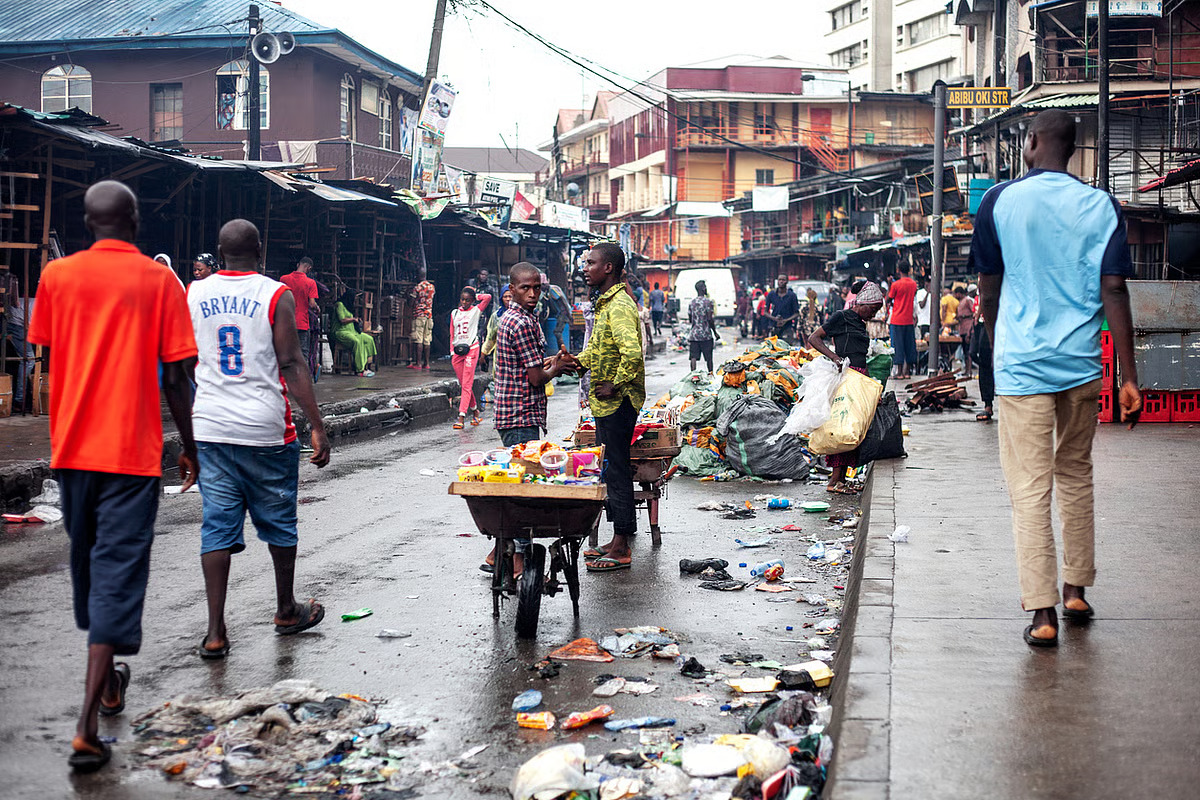
For decades, Nigerian governments have made economic policies that protect wealth, not people. They obsess over:
If your economic policy doesn’t work for the poorest Nigerian, it doesn’t work.
Development Expert, Abuja
Attracting foreign investors
Growing GDP
Raising revenue
All while:
133 million Nigerians live in multidimensional poverty
The middle class is shrinking
The cost of living is unbearable
It’s time to ask a serious question:
What if Nigeria built its economy from the bottom up, not the top down?
Here’s what a pro-poor, people-first economic policy would actually look like.
1. 🥣 Subsidize Food, Not Fuel
We removed fuel subsidies overnight, claiming it was a waste.
But why not subsidize:
Rice
Garri
Bread
Tomatoes
Cooking gas?
Why not support farmers, local food processing, and food transport to lower prices?
A pro-poor economy feeds its people first.
2. 🏥 Free Basic Healthcare for the Poor
The average poor Nigerian doesn’t go to the hospital, they go to the chemist and pray.
Meanwhile, billions disappear in:
“Healthcare interventions”
Medical tourism for politicians
A pro-poor policy would:
Make child delivery free
Cover malaria and basic emergencies
Build and staff primary health centers in every LGA
Healthcare is not a luxury. It’s a right.
3. 🏠 Rent Control and Housing for the Working Class
Middle-class Nigerians are getting priced out of their own cities.
Low-income workers live 3 hours from their jobs or in slums.
Pro-poor reform means:
Rent control in urban areas
Mass low-cost housing schemes
Zero-collateral home loans for civil servants and artisans
Housing shouldn’t be a trap.
It should be a foundation for growth.
4. 👩🏽🏫 Free Public Education. With Skills That Pay
Today’s poor children are tomorrow’s prisoners or hustlers.
Why? Because they’re out of school, or in schools with:
No desks
No teachers
No future
We must:
Invest in public schools
Provide free uniforms, meals, and transport
Focus on literacy, digital skills, and trades
Education is the most powerful pro-poor policy on earth.
5. 💼 Direct Job Creation for the Unskilled
We can’t tell the poor to “go and learn tech” when they’re trying to survive the day.
Create:
Road maintenance brigades
Community sanitation workers
Government-run cooperatives for farming, tailoring, welding, bricklaying
These jobs may not be glamorous, but they are:
Dignified
Scalable
Life-saving
The poor don’t need lectures. They need opportunities.
6. ⚖️ Tax the Rich Fairly, and Use It for the Poor
Right now:
The poor pay VAT on every sachet water
The rich evade tax with foreign accounts and shell companies
True reform means:
Closing tax loopholes for elites
Taxing luxury goods
Using that money for rural infrastructure, education, and welfare
Justice begins with who pays and who benefits.
7. 🧼 Clean Up Corruption at the Bottom, and the Top
The poor face:
Bribes at checkpoints
“Tips” to get documents
Police extortion
But who steals billions?
Not the market woman. Not the okada rider.
We need a dual strategy:
Remove petty corruption with digital governance
Prosecute elite looters, not protect them
Pro-poor governance is clean governance.
8. 🔌 Affordable Energy for Households and Small Businesses
The poor spend more on candles, kerosene, and fuel than some CEOs spend on power bills.
If we really want growth, power must reach:
Welders
Hair salons
Charging centers
Barbershops
Frozen food sellers
How?
Solar mini-grids for rural areas
Tiered pricing that favors low-income users
Incentives for small energy cooperatives
No power, no progress.
9. 🛡 Social Safety Nets That Actually Work
We’ve heard of TraderMoni, NPower, conditional cash transfers…
But did they reach the real poor? Sustainably?
A better alternative:
Community-based targeting systems
Cash support for the elderly, disabled, and unemployed
Transparent digital delivery, with tracking
If your government doesn’t protect the vulnerable, who will?
10. 🛣 Build From the Bottom Up, Not the Top Down
Don’t start with billion-dollar railways - start with feeder roads to villages.
Don’t build more airports - build toilets in public schools.
Don’t host summits - host town halls.
A pro-poor economy isn’t about slogans. It’s about priorities.
Final Word: Poor People Are Not a Problem.. They’re the People
We must stop seeing the poor as a burden.
They are workers. Mothers. Fathers. Voters. Citizens.
Any policy that ignores them is not a national policy, it’s elite self-interest.
Let’s rebuild an economy where:
The poor eat
The middle class thrives
The rich contribute
Because a country that forgets its poor, forgets its soul.
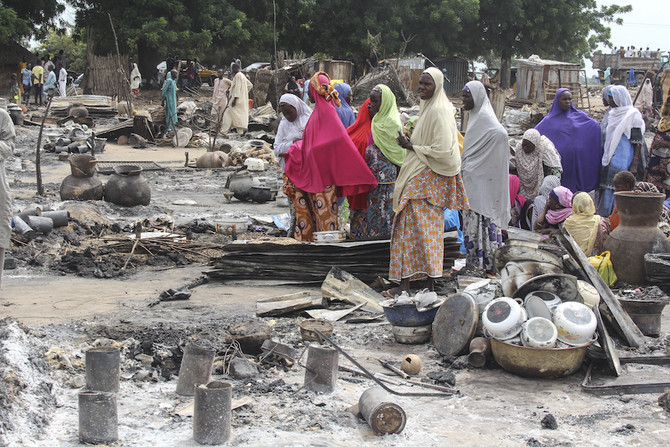
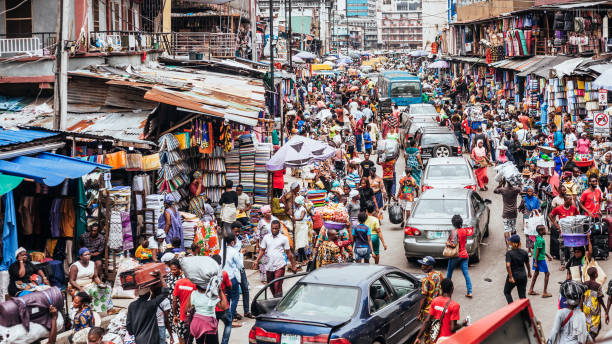
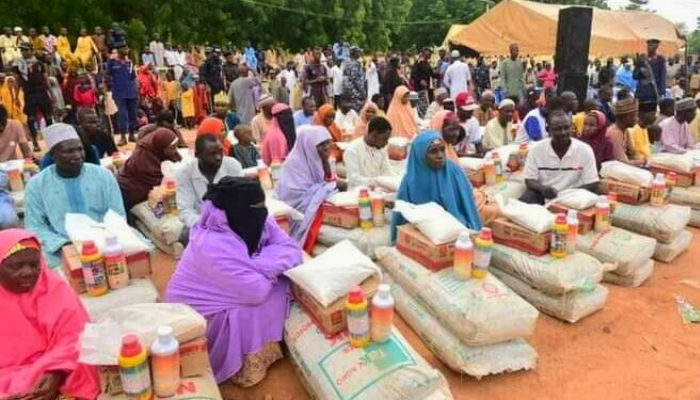
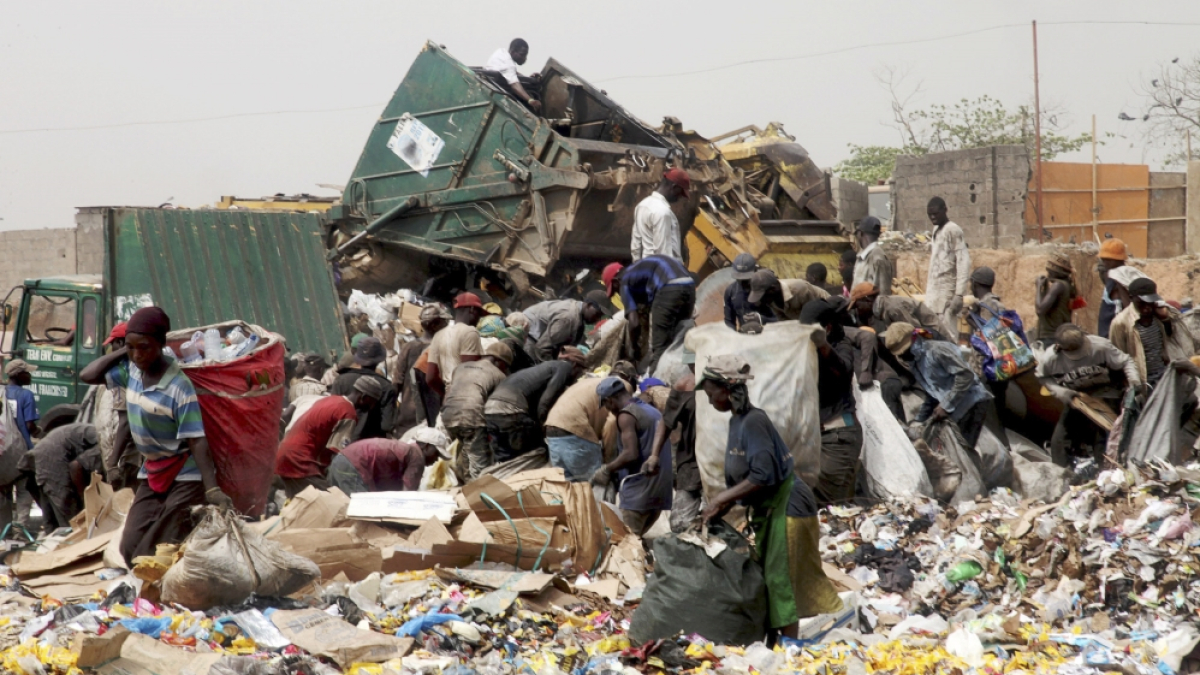
0 Comments:
Please Login to comment in the post!